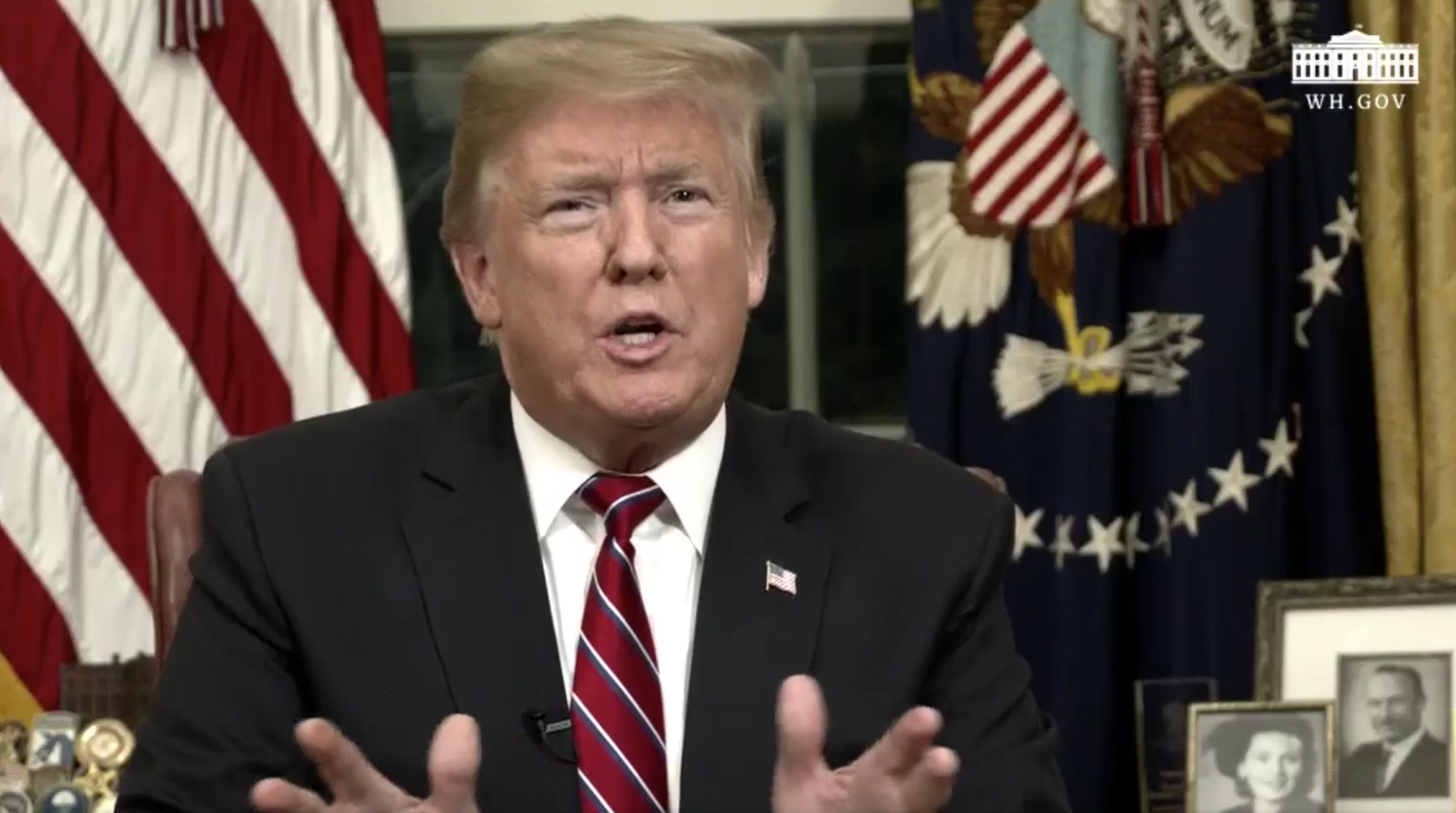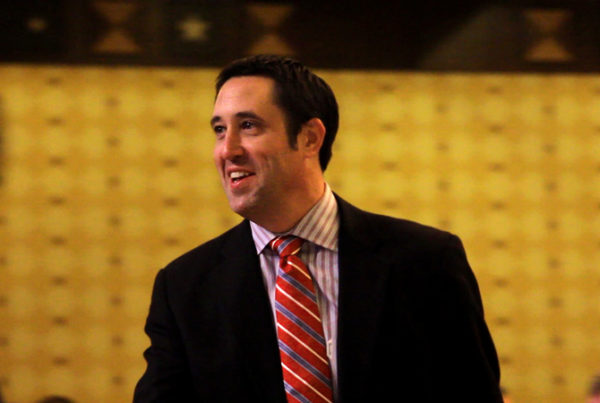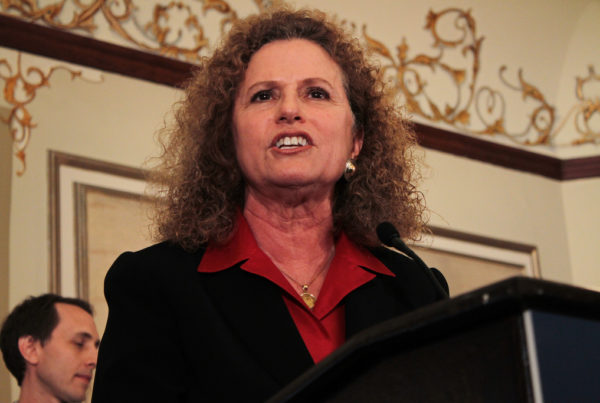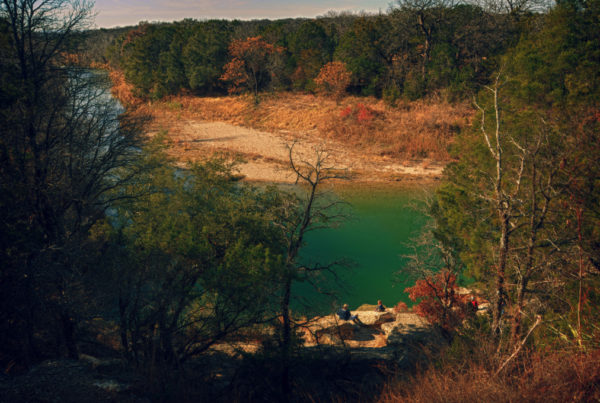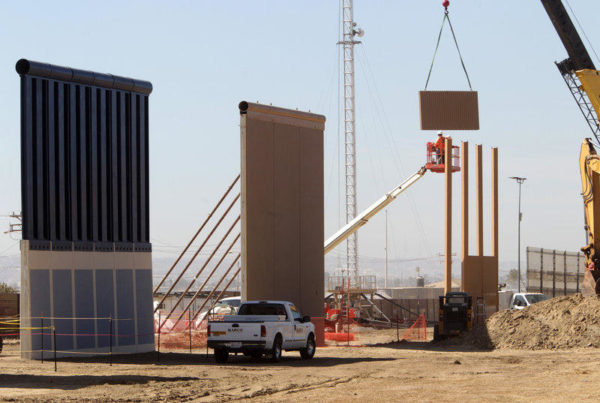The eyes of the nation are on the Lone Star State today, with Air Force One bringing President Donald Trump to the border as part of his push for his border wall. McAllen is on his itinerary, and a funny thing happened on the way to this moment: earlier this week, Texas Standard’s Laura Rice was talking on the air with the McAllen’s Mayor Jim Darling – before the president’s South Texas trip had been finalized. Contrary to the president’s characterization of the situation at the border, Darling was hesitant to describe it as a “crisis.”
“I hate to call it a crisis ’cause really, the crisis, technically, I guess, is getting the people here because of the journey through Mexico, and leaving everything they have in Central America. I think we need to do immigration reform, but until the government [stops] dropping them off on our doorstep, we’re going to have to deal with it,” Darling said Monday.
The bigger issue, of course, is how to disentangle politics from the issue of border security. Now 20 days into a partial government shutdown, neither President Trump nor congressional Democrats appear willing to budge on funding for a wall, and Trump has threatened a sort of “nuclear option” to get his way.
Stephen Vladek, constitutional law professor at the University of Texas at Austin School of Law, has been contemplating what the president’s next step might be, and says technically, Trump has the legal authority to do that.
“Perhaps surprisingly, Congress has given the president the power to declare a national emergency for just about anything he thinks is appropriate,” Vladek says.
But Vladek says in this case, a national emergency is actually just a means to an end in Trump’s quest for a border wall.
“It’s means to triggering a series of federal statutes that allow the president access to certain piles of money that he wouldn’t otherwise have access to if it wasn’t a national emergency,” Vladek says. “But I don’t think it’s why the National Emergencies Act is on the books.”
Vladek says Congress didn’t specifically define a “national emergency” when it passed the act in the 1970s. He says it assumed that political pressure would kick in and thwart a president’s potential abuse of power.
“Here, I think the real question is what would the national emergency declaration trigger?” Vladek says. “If all the president is declaring a national emergency for is the headline, you know, I think that’s pretty abusive.”
In other words, Vladek says he wonders whether a national emergency is a way for Trump to get around the normal appropriations process in Congress so he can fund the border wall.
Vladek says the president could tap into certain authorities that would give him access to special federal construction money, which is meant for things like military construction projects or civil engineering.
“I think it would be a bit of stretch to try to shoehorn what the president claims is the emergency at the border into those authorities,” Vladek says.
What’s more important, he says, is that those budgets wouldn’t even give the president enough money to complete the border wall he’s proposed. Vladek says the move would be more of an act of political theater and “not a meaningful step to a real solution.”
Some say that if Trump did declare a national emergency, it could be his way out of the government shutdown while still appeasing his political base. That’s because the declaration would likely face legal challenges, ultimately stalling any use of the emergency money to build the wall and pleasing Democrats. And Trump would be able to say that he made good on his promise to do everything he could to get the wall built. But Vladek says that’s a risky strategy.
“I guess I just don’t think that Russian roulette is an especially safe way to play American politics,” Vladek says.
He says the border wall and the government shutdown are separate problems that need to be addressed individually, and that Trump has linked the two issues unnecessarily.
“Declaring an emergency might be a way for the president to save face and allow Congress to reopen the government while claiming a victory,” Vladek says. “[But] that’s a pretty bad precedent to set.”
Written by Caroline Covington.


